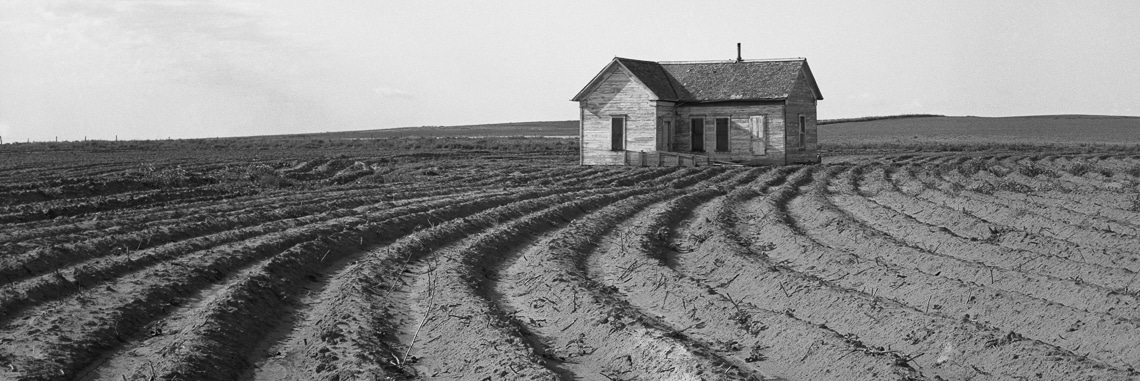
Prophetic Imagination
Joining the Prophetic Chorus
Friday, March 26, 2021
While the most well-known Hebrew prophets are presumably male, such as Jeremiah, Isaiah, and Ezekiel, the Bible also contains little-known women prophets such as Deborah (Judges 4:4–5), Huldah (2 Kings 22) and Anna (mentioned in Luke 2:36). Rabbi Tikva Frymer-Kensky shares one example of this historical reality:
Unlike priests, generals, judges, and governors, a prophet does not have to be appointed by superiors, and a prophet’s status does not depend on advancement within a hierarchy or on completion of a course of study. As Amos and again Jeremiah inform us, God tells the prophet to speak. Prophecy is a “gift of the Spirit,” offered to whomever God wills, and societies can accept women as recipients of the gift and value them as prophets even as they deny women roles in the official hierarchies of religion and polity. Toward the end of Israel’s history, King Josiah sent his men to see a female prophet, Huldah, to validate the discovery of a scroll in the Temple that called for Israel to behave in ways it had not been observing . . . (see 2 Kings 22:12–14).
It is not surprising to find . . . Huldah accepted as [a] professional prophet. Unlike priests, kings, judges, or administrators, prophets were not born to their role or appointed by a hierarchy. There were cadres of professional prophets, but there were also lone mavericks, called by the spirit of God. . . . In Israel, where God often works through the marginal and brings the peripheral to the center, women appeared as the harbingers of history. [1]
We might know the names of only a few prophets, memorialized in the scriptures and by history, but by the gift of the Spirit, we can all think and act prophetically. We can pay attention to what isn’t right in the world around us and speak and act out of faith and love to change it. Benedictine Sister Joan Chittister, a prophetic voice in our day, encourages us to do just that:
These prophetic people, people just like us, simple and sincere, eager and inspired—these sheep herders like Amos and small-business people like Hosea, these simple country farmers or priests like Jeremiah, these thinkers and writers and dreamers like Isaiah and Ezekiel, these struggling lovers and suffering witnesses like Micah, these brave and independent judges and leaders, like Deborah and Miriam, made no small choices. They chose courage. They chose the expansion of the soul. They chose to stake their lives on what must be rather than stake their comfort, their security, the direction of their lives, on what was.
It is that steadfast, unyielding, courageous commitment to the eternal Will of God for Creation—whatever the cost to themselves—that is the prophetic tradition. It sustains the eternal Word of God while the world spins around it, making God’s Word—Love—the center, the axle, the standard of everything the faithful do in the midst of the storm of change that engulfs us as we go. [2]
References:
[1] Tikva Frymer-Kensky, Reading the Women of the Bible (Schocken Books: 2002), 324, 328, 330.
[2] Joan Chittister, The Time Is Now: A Call to Uncommon Courage (Convergent: 2019), 17–18, www.joanchittister.org.
Story from Our Community:
I start every day with reading and studying [Richard Rohr’s] daily teachings. Is my life changed? No. I have only one unique life that God gave me, but now the life has a SENSE. It is easier? No, but now my life has a PURPOSE. We still struggle every day, but now we have reinforcement; we are not alone. —Roman P.

